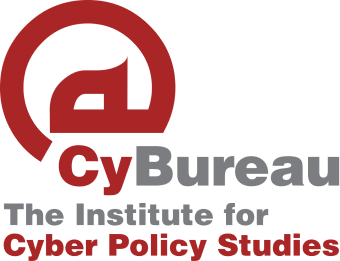Henceforward wrote McDonald’s.مصر
History in the Internet world, a revolution in the Arab online arena; for the first time, there are extensions of non-Latin letters (IDN). As of May 5, three new suffixes are active in Arabic for Saudi Arabia, Egypt and United Arab Emirates. A message was posted by ICANN (Internet Corporation for Assigned Names and Numbers) on the official website of the organization’s blog. The message added that there were still a number of technical and formal arrangements [1].
This means that from this day forwards will be able to type an address in Arabic with the extension مصر (Egypt) for sites in Egypt, السعودية (Saudi Arabia) for sites in Saudi and امارات (Emirates) for sites in the UAE. The first site which is active is that of Egyptian Ministry of Communications, which will now address – http://وزارة – الأتصالات. مصر
This address is also active when you reach via cell phones.
It is likely that the considerations of the organization’s leadership of these three Arab countries, in part to the fact that each of these three Middle Eastern countries leads in its field; UAE is at the front in the absorption of new technology and assimilation of its economic potential. Saudi Arabia is a religious center for being the cradle of Islam with two holiest sites in Islam to millions of pilgrims visit each year from all over the Islamic world. Egypt is a significant regional super power with heavy geopolitical weight over the years.
In addition, Egypt is the most populous country in the Middle East, but with relatively low human capital compared to other countries in the region. So it would be a great help for the population which does not necessarily familiar with the English language. Saudi Arabia’s population is the third after that of Iran and Iraq. However, in the one the dominant language is Persian and in the other, Internet penetration rate is only about one percent.
In addition, each of these countries has a unique web penetration and the extent of its use. UAE leads the region in Internet penetration with a 74%, rate even higher than in Israel. Saudi Arabia Internet penetration growth rate, over the past decade is about 3,800% (ten times than UAE) and this in terms of the number of users after Iran and Egypt. Internet penetration rate in Egypt is the lowest of the three (possibly due to the relatively low human capital in this country), but it’s numbered of population and internet users is second only to Iran.
In light of the existing Internet distribution among countries of the region, I do not expect that other Arab countries will receive such Internet extension soon. It would be fascinating to examine whether this move will deepen the penetration of the Internet in those countries and in other countries in the region.
This post is also available in:
עברית

